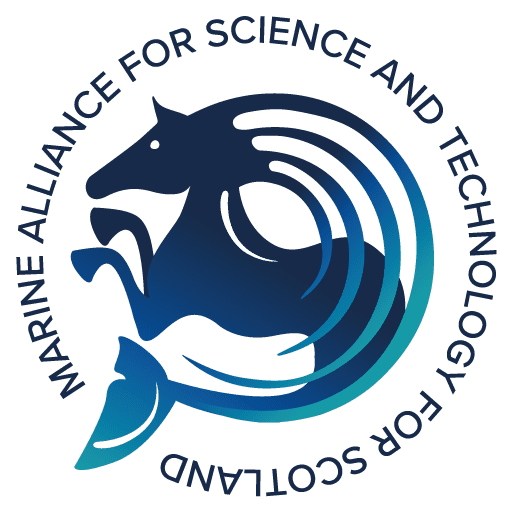Project area title: Managing the environmental impact of antifouling biocides in recreational marinas through stakeholder engagement
Course: Applicants wanting to undertake this research project should apply for a PhD in Biological Sciences
Funding: The University of Essex is offering six PhD research scholarships for students to participate in one of our Sustainable Transitions DTP projects.
Closing Date : y 11:59pm on Friday 31st May 2024
This is an opportunity to conduct fully funded interdisciplinary research under the Sustainable Transitions Leverhulme Doctoral Training Programme at the University of Essex.
Antifouling coatings protect vessels from marine biofouling (growth on the hull), which would otherwise increase fuel consumption and greenhouse gas emissions. However, most antifouling coatings contain toxins that are released into the environment. While commercial vessels conform to strict rules, recreational boats are less regulated with regard to fouling-control practices. This project will work with local stakeholders to understand the release, environmental fate and impact of antifouling biocides from small craft using a combination of fieldwork, laboratory assays and human behavioural science. Best- practice guidelines will then be developed through stakeholder collaboration.
Person specification
This project would suit applicants with a degree / equivalent in biological or environmental sciences and enthusiasm to actively engage and implement social sciences methodologies. No prior experience of the latter is required, and training will be provided across the sciences and social science elements of the studentship.
Research proposal
The project area is broadly defined, leaving scope for the applicant to develop their own specific research proposal as part of the application. The successful candidate will further develop their proposal in close consultation with the supervisory team.
Supervision
The primary discipline supervisor takes the lead responsibility for supervising the project. For further detail relating to supervision see the Guidance for Applicants (.pdf) document.

